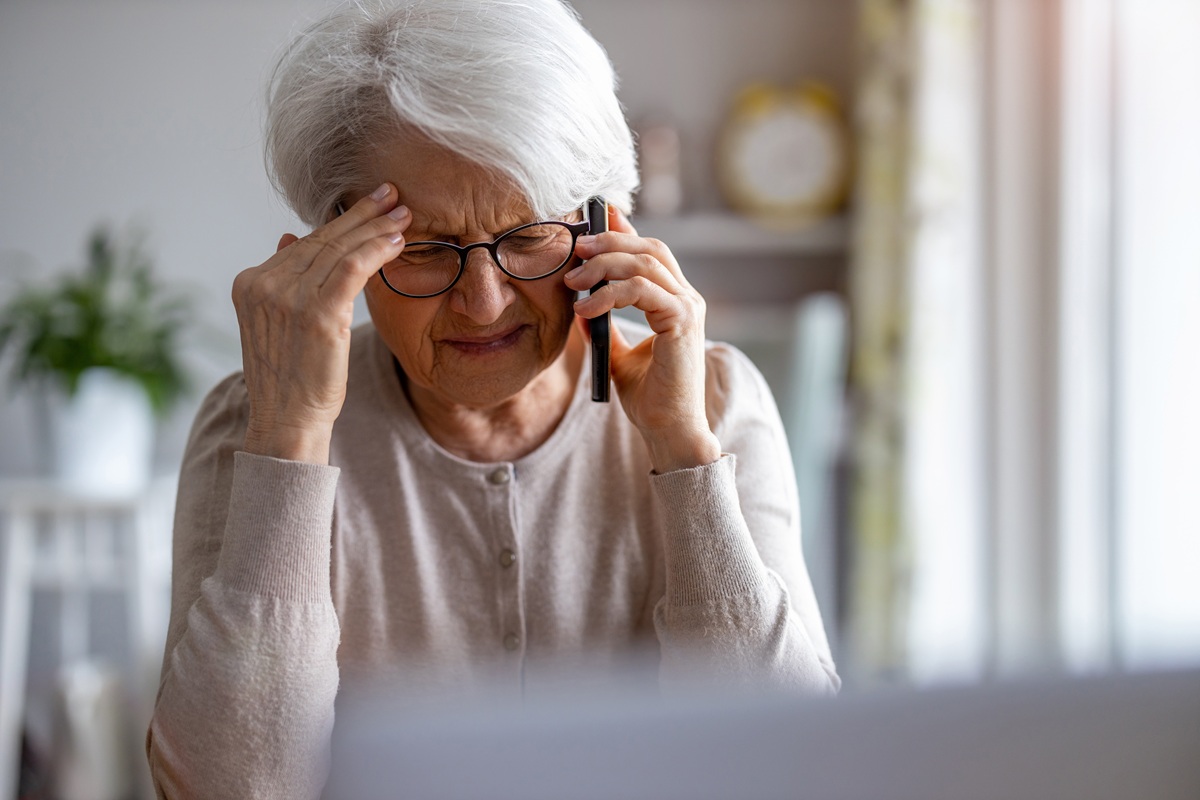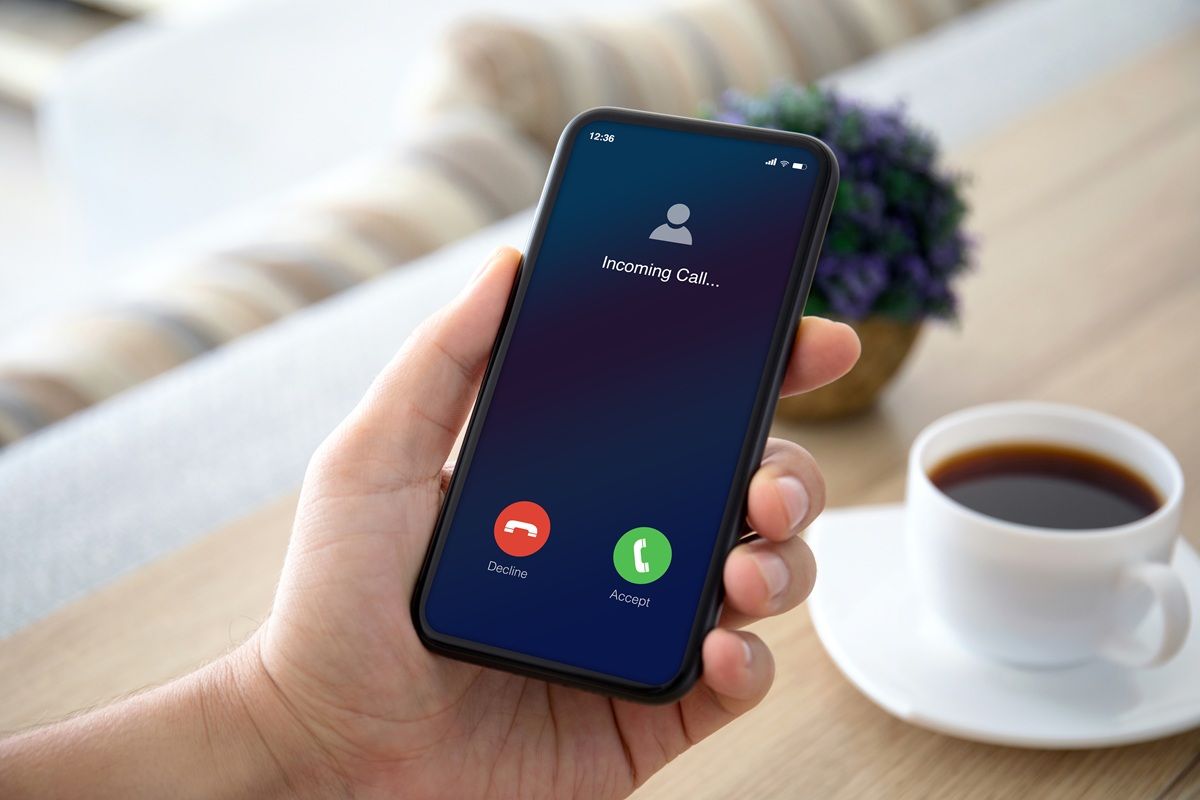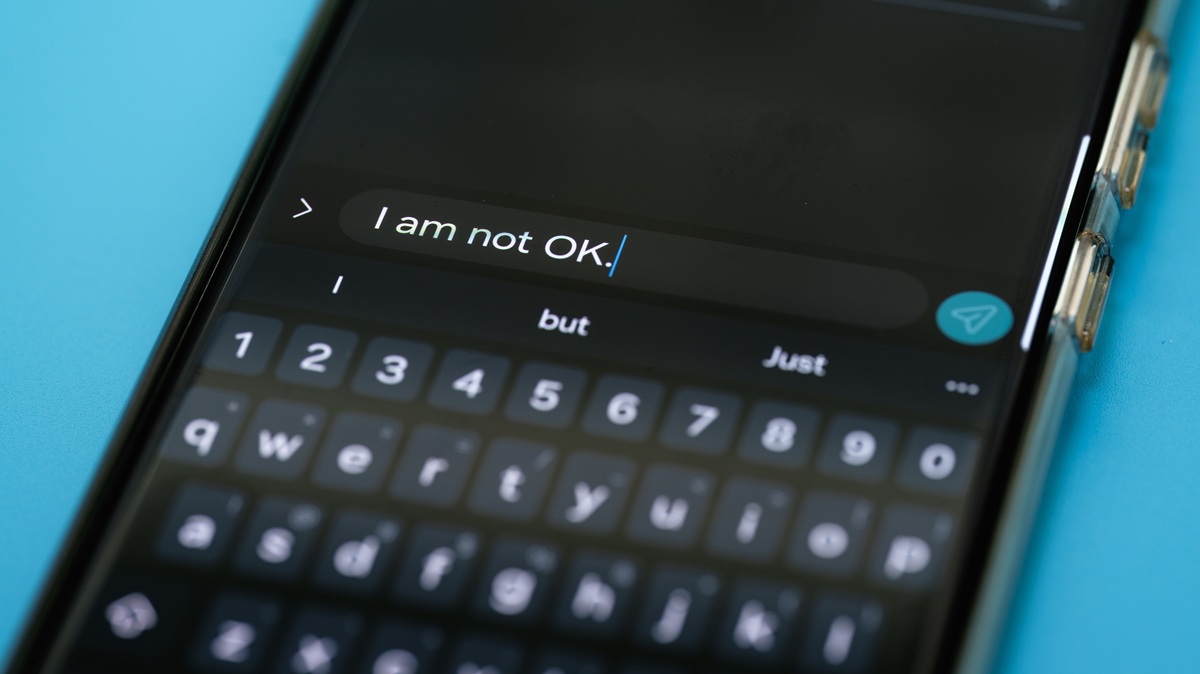Now and Then
by Iris Winston
I still think of Anna. Not often anymore. After all, it has been many years since we last talked. I never met her in person. That wouldn’t have been allowed for any of us who were volunteer listeners on that city’s distress line.
 Anna was a regular caller. She would phone in great distress every evening for a week, saying she was the victim of constant physical abuse. We would then hear nothing from her for two weeks. During one of her silent weeks, George, Anna’s 40-year-old son, would call instead.
Anna was a regular caller. She would phone in great distress every evening for a week, saying she was the victim of constant physical abuse. We would then hear nothing from her for two weeks. During one of her silent weeks, George, Anna’s 40-year-old son, would call instead.
George lived unhappily with his parents. He told us that he rarely came out of his room and would never leave the family’s living quarters. He had no documents and no idea how to obtain a health card or even a library card.
Anna’s husband, John, was the third member of this sad family. He never called the distress line, but we heard about him from Anna and George as the horrifying pattern of abuse repeated itself again and again.
On the week that Anna called, she was being beaten up by her husband and son. Usually, a minor error by Anna, such as buying the wrong brand of instant coffee or not switching off a light at the right time, was enough to set John off. He would then call on George to help him. When John judged Anna had been punished enough, George would be sent back to his room. The uneasy quiet—you could hardly call it peace—would last until Anna’s next mistake. Then there would be further beatings and repetition of the patches of quiet.
It was during those intervals that Anna called and talked about her suffering. She was most likely to upset the fragile equilibrium because she dared to leave the house, if it was a house, rather than part of a rooming house. The listeners never knew details like these, though we kept extensive notes about the regular callers.

At some point near the end of Anna’s week as victim, John would forgive her. She would then forgive him for abusing her. Together, they would turn on George. His great sin was either the lack of respect he had shown his mother by joining the hit-fest or the lack of respect for his father, demonstrated by not moving quickly enough to help punish Anna.
Through week two, it was George’s turn to be his parents’ punching bag. He called daily to say his parents were beating him, but when any of the listeners suggested that he should leave, his fury against us knew no bounds.
How could the distress line listeners help him or his parents? The answer is that we couldn’t do anything except listen to Anna or George. We could give sympathy in the moment but do little to ease their long-term pain. And, it seemed, only Anna had a chance to escape. I doubt if she ever did. Warped as the triangular relationship was, these three had only each other in what they regarded as a hostile world.
Many of the regular callers lived in similar despair and found it equally hard to see a way towards any lasting change. Others phoned only once at a particularly low point in their lives. Several had weathered major tragedies and managed to carry on until a minor incident was the last straw. Reaching out to the distress line was their last resort.
One terrible call came late one night when just two of us were on duty. The other listener greeted the caller with, “Distress Line. Ralph speaking. Can I help you?” The response was the loud bang from a gun.
I am thankful no other calls during my time on the line were as shocking as that suicide phone-in. A number were simple practical requests for information about agencies that might offer them some financial assistance. Some callers simply wanted to share their grief over the death of a beloved human being or pet. Others were just miserable and alone.

For the two years I worked on the distress line, I was conscious that any one of us could walk in almost every caller’s shoes given a change in circumstances and a period of grief and loss. While the listeners drew strength from the support of their social networks and relatively ordered lives, many callers were not so lucky. All very lonely, they sought solace and companionship from a stranger at the other end of a phone line.
All listeners on distress lines can do is try to make callers feel better while they are in contact. For that moment, a crisis is detoxified just because callers have someone to share their pain. We couldn’t change their lives, but we could help them through the critical minute that had prompted the call.
But I still feel sad when I think of someone like Anna, who was probably condemned to stay on her wheel of misery for the rest of her life.






